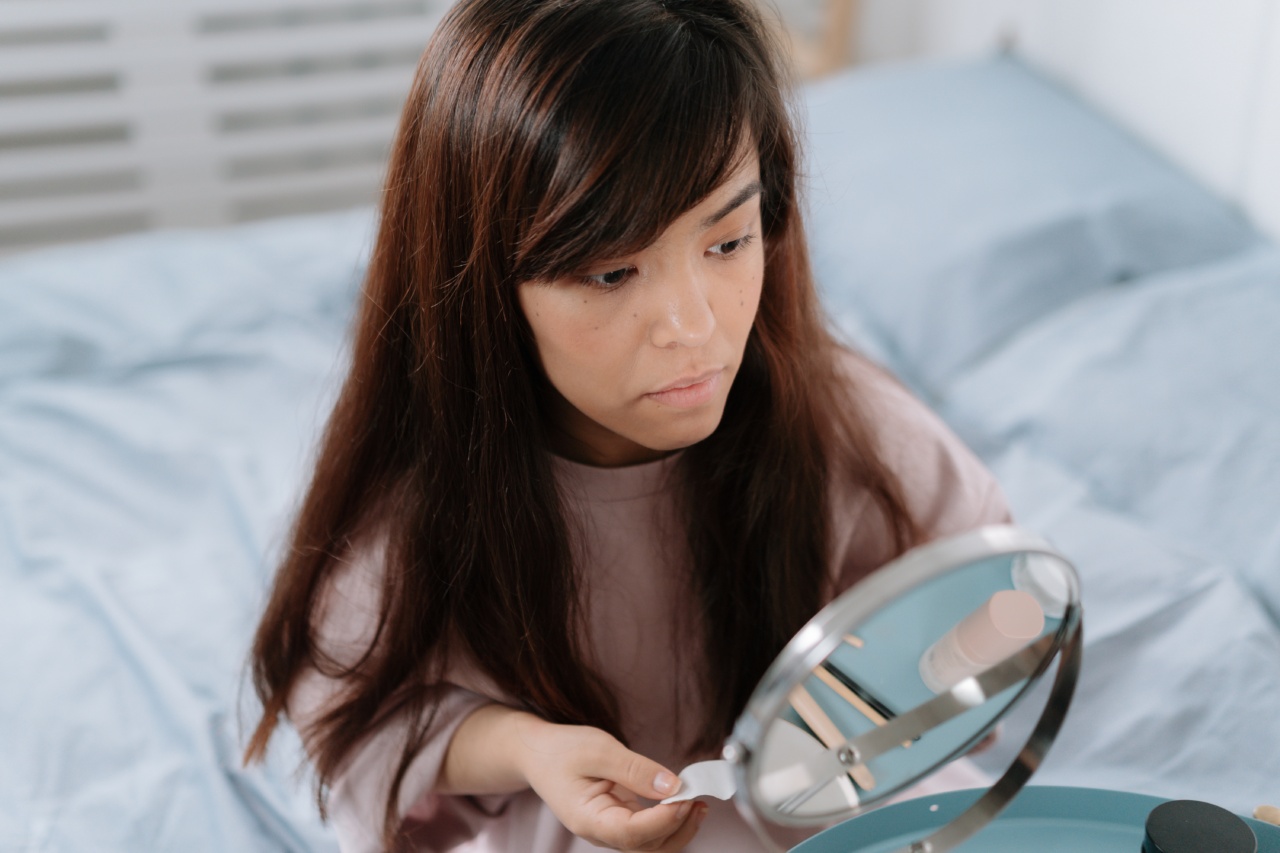Getting a good night’s sleep is essential for overall well-being and productivity. However, certain activities before bedtime can negatively impact the quality of sleep, leaving you feeling groggy and tired the next day.
In this article, we explore what women shouldn’t do before bed to ensure uninterrupted sleep.
Avoid Heavy Meals Before Bed
Feasting on a heavy meal shortly before bedtime can lead to digestive issues such as acid reflux and indigestion. The discomfort can make it difficult to sleep soundly, leaving you feeling restless and fatigued the next day.
It is best to have light and easily digestible meals at least 3 hours before bedtime.
Avoid Stimulants Before Bed
Stimulants such as caffeine, nicotine, and alcohol can interfere with your natural sleep cycle, reducing the amount and quality of sleep. It is advisable to avoid consuming these substances at least 4 hours before bedtime.
If you must indulge in a glass of wine or a cup of coffee, have them during the earlier part of the day and limit the quantity.
Don’t Work Just Before Bedtime
Working late into the night may seem like a good idea at first, but it can wreak havoc on your sleep cycle. Engaging in mentally stimulating activities before bed activates the brain, making it difficult to unwind and relax.
It is best to switch off electronic gadgets and laptop at least an hour before bedtime to signal your brain that it is time to rest.
Avoid Using Bright Screens Before Bed
The blue light emitted by electronic gadgets such as smartphones, laptops, and TV screens can disrupt the secretion of melatonin, making it difficult to fall asleep.
It is advisable to switch off all screens at least an hour before bedtime and indulge in relaxing activities such as reading a book, taking a warm bath, or meditating.
Avoid Vigorous Exercises Before Bed
While regular exercise is beneficial for overall health and fitness, engaging in high-intensity workouts just before bedtime can lead to increased heart rate and alertness, making it difficult to sleep.
It is best to complete your workout session at least 2 to 3 hours before bedtime to allow the body to cool down and relax.
Don’t Engage in Stressful Activities Before Bed
Engaging in stressful activities such as arguing with a partner, taking work-related calls or watching stressful news before bed can elevate cortisol levels, making it difficult to relax and fall asleep.
It is best to engage in calming activities such as stretching, deep breathing, or jotting down thoughts in a journal to wind down before bed.
Avoid Napping During the Day
Napping during the day can disrupt your natural sleep cycle, leading to difficulty falling asleep at night. If you must take a nap, limit it to no more than 20 minutes and ensure that it is at least 6 hours before bedtime.
Don’t Consume Heavy Fluids Before Bed
Drinking a lot of fluids before bed, especially those that are diuretic in nature, can lead to frequent trips to the bathroom, disrupting your sleep cycle.
It is best to avoid drinking fluids at least an hour before bedtime and limit alcohol and caffeine consumption that can dehydrate the body.
Avoid Exposure to Loud Noises Before Bed
Exposure to loud noises such as traffic, construction, or snoring can disrupt your sleep cycle and prevent you from entering deep sleep.
It is best to use earplugs or noise-cancelling headphones to block out the noise or use white noise machines that produce soothing sounds that calm the mind and promote sleep.
Don’t Check Your Phone During Sleep
Checking your phone during sleep for messages, social media updates, or emails can activate the brain, making it difficult to fall asleep.
It is best to switch off all electronic devices during bedtime and keep them away from the bed to avoid the temptation to check them.































